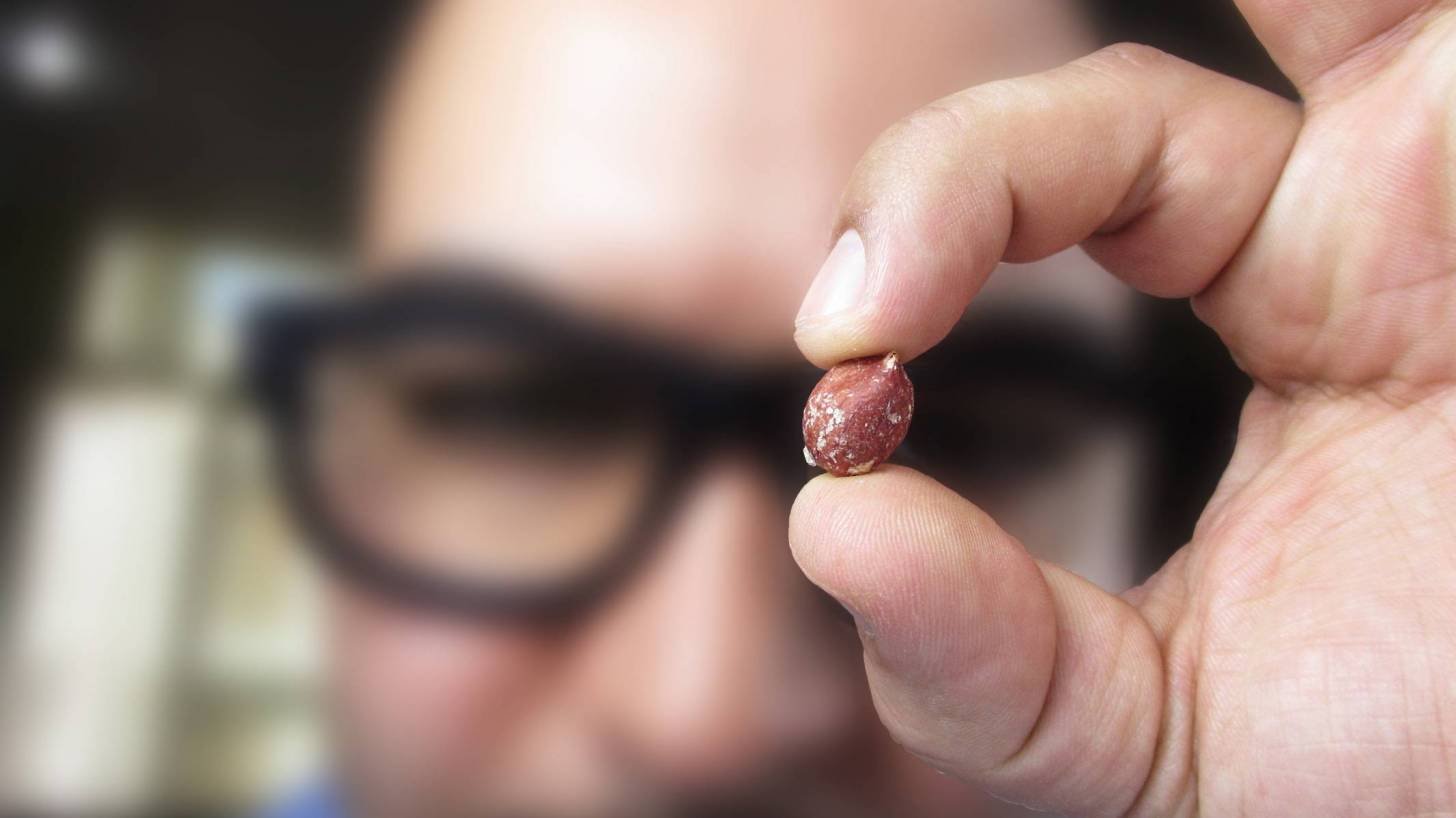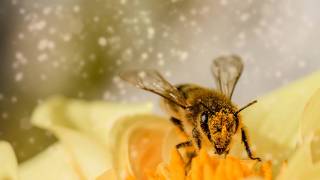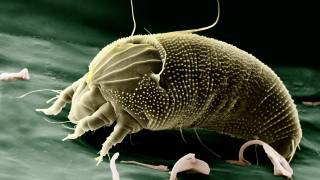Viaskin's Peanut Allergy Vaccine Seeks Alternative Approval

An experimental peanut allergy vaccine came up short in a clinical trial, but the company developing it believes the Food and Drug Administration (FDA) may still grant approval.
The allergy vaccine, Viaskin Peanut, is a patch that progressively empowers a person’s immune system to tolerate peanuts.
The results of this phase III clinical trial did not meet the study’s primary objectives.
But it did work for 35 percent of the children with peanut allergies.
Despite this failure, the firm that developed Viaskin, is filing for FDA approval.
"We believe that this preliminary analysis shows significant therapeutic promise in the peanut-allergic population, where there is a high unmet medical need and no approved treatments," said Dr. Pierre-Henri Benhamou, Chairman & Chief Executive Officer of DBV Technologies.
"Viaskin Peanut has been granted both Breakthrough Therapy and Fast Track designations by the FDA for the treatment of peanut allergy. We are committed to working together with the regulatory agencies to bring forward a safe and effective treatment option for these patients," said Dr. Benhamou.
According to the Centers For Disease Control and Prevention (CDC) food allergies are a growing food safety and public health concern that affect an estimated 4%–6% of children in the United States.
Peanut allergy is a growing health problem for which no approved vaccine.
People living with peanut allergy, and their caregivers, must be vigilant about the foods they eat and the environments they enter to avoid allergic reactions, which can be severe and even life-threatening.
The allergy tends to develop in childhood and persist through adulthood.
However, recent scientific research has demonstrated that introducing peanut-containing foods into the diet during infancy can prevent the development of peanut allergy.
The new Addendum Guidelines for the Prevention of Peanut Allergy in the United States supplement the 2010 Guidelines for the Diagnosis and Management of Food Allergy in the United States.
“Living with peanut allergy requires constant vigilance. Preventing the development of peanut allergy will improve and save lives and lower healthcare costs,” said NIAID Director Anthony S. Fauci, M.D.
We expect that widespread implementation of these guidelines by healthcare providers will prevent the development of peanut allergy in many susceptible children and ultimately reduce the prevalence of peanut allergy in the United States,” said Dr. Fauci.
Dr. David Fleischer, Global PI for PEPITES and Associate Section Head at Children's Hospital Colorado, said, "For the past 15 years that I have been involved in food allergy research, parents of peanut-allergic patients have been asking me is there anything more we can do to manage our child's allergy besides strict avoidance.”
“Given the significant psychosocial and financial burdens placed on food-allergic patients and families that negatively impacts their quality of life, I am hopeful that we are one step closer to having a food allergy treatment that may improve the lives of peanut-allergic patients and families around the world," said Dr. Fleischer.
Our Trust Standards: Medical Advisory Committee
- Efficacy and Safety of Viaskin Peanut in Children With Immunoglobulin E (IgE)-Mediated Peanut Allergy (PEPITES)
- DBV Technologies Announces Topline Results of Phase III Clinical Trial in Peanut-Allergic Patients Four to 11 Years of Age
- DBV Technologies Receives FDA Breakthrough Therapy Designation for Viaskin Peanut for the Treatment of Peanut Allergy in Childre
- Peanut Allergy Vaccine Research Expands
- NIH-sponsored expert panel issues clinical guidelines to prevent peanut allergy
- DBV Technologies Announces Topline Results of Phase III Clinical Trial in PeanutAllergic Patients Four to 11 Years of Age
























